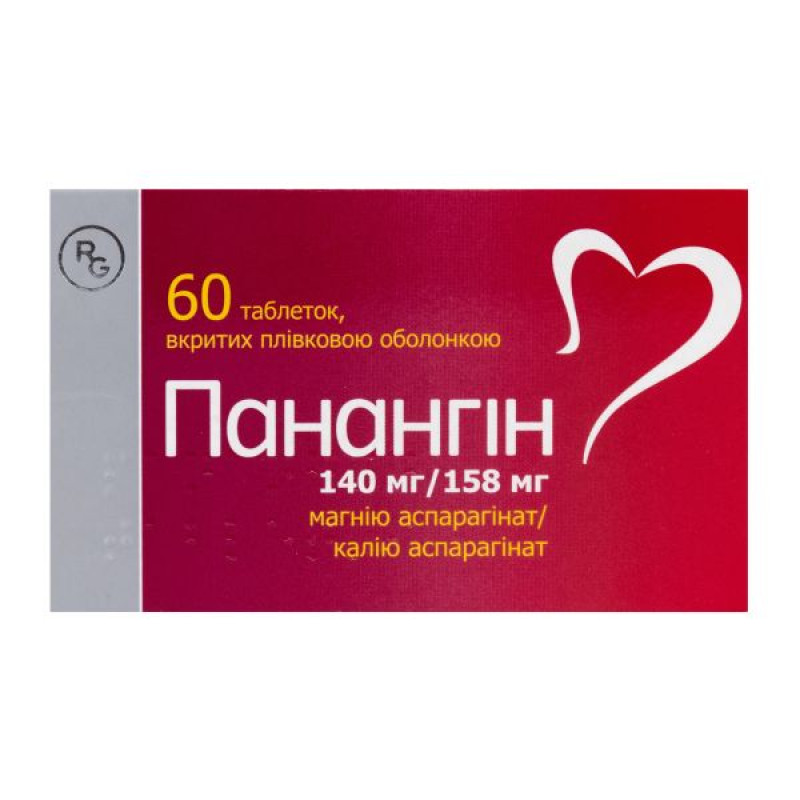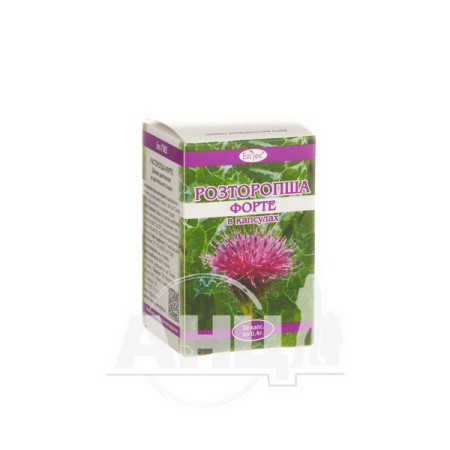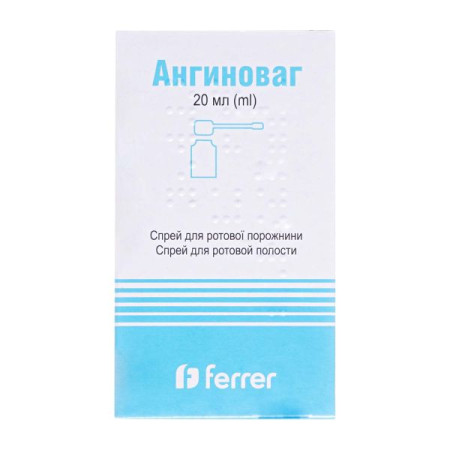Panangin film-coated tablets No. 60

Instructions for Panangin film-coated tablets No. 60
Composition
active ingredients: magnesium asparaginate, potassium asparaginate;
1 film-coated tablet contains 140 mg of magnesium asparaginate (as 175 mg of magnesium asparaginate tetrahydrate) equivalent to 11.8 mg of Mg2+;
158 mg of potassium asparaginate (as 166.3 mg of potassium asparaginate hemihydrate) is equivalent to 36.2 mg of K+;
Excipients: colloidal anhydrous silicon dioxide; potato starch; povidone; magnesium stearate; talc; corn starch; macrogol 6000; titanium dioxide, E 171; methacrylate-based copolymer (Eudragit E 100).
Dosage form
Film-coated tablets.
Main physicochemical properties: round biconvex tablets, film-coated, almost white in color, with a somewhat shiny and slightly uneven surface, almost odorless.
Pharmacotherapeutic group
Mineral substances. Preparations of other mineral substances. ATX code A12C X.
Pharmacological properties
Pharmacodynamics. Potassium and magnesium ions, as important intracellular cations, are involved in the work of a number of enzymes, in the process of binding macromolecules to subcellular elements and in the mechanism of muscle contraction at the molecular level. The ratio of extracellular and intracellular concentrations of potassium, calcium, sodium and magnesium ions affects the contractile ability of the myocardium. Aspartate, as an endogenous substance, is a carrier of potassium and magnesium ions, has a pronounced affinity for cells, its salts are subject to dissociation only to a small extent. As a result, the ions penetrate the intracellular space in the form of complex compounds. Magnesium aspartate and sodium aspartate improve myocardial metabolism. Insufficient potassium and magnesium content in the body increases the risk of developing arterial hypertension, atherosclerotic lesions of the coronary vessels, heart rhythm disturbances, and myocardial pathology.
Pharmacokinetics.
Magnesium
The total magnesium store in a human body weighing 70 kg is on average 24 g (1000 mmol); more than 60% of magnesium is in bone tissue and about 40% in skeletal muscle and other tissues. About 1% of the total magnesium store in the body is in the extracellular fluid, mainly in blood serum. In healthy adults, the magnesium content in blood serum is in the range of 0.7–1.10 mmol/L.
The recommended dietary intake of magnesium for men is 350 mg per day and for women, 280 mg per day. Magnesium needs increase during pregnancy and breastfeeding.
Magnesium is absorbed from the gastrointestinal tract by active transport. The kidneys are the main regulator of magnesium balance in the body. 3-5% of ionized magnesium is excreted by the kidneys.
Increased urine volume (e.g., with highly effective loop diuretic therapy) leads to increased excretion of ionized magnesium. If magnesium absorption in the small intestine is reduced, subsequent hypomagnesemia leads to decreased excretion (< 0.5 mmol/day).
Potassium
The total body potassium store in a 70 kg person is on average 140 g (3570 mmol). The total body potassium store is slightly lower in women than in men and decreases slightly with age. 2% of the total body potassium store is extracellular, and the remaining 98% is intracellular.
The optimal dietary intake of potassium is 3–4 g (75–100 mmol) per day. The main route of potassium excretion is renal (about 90% of potassium is excreted by the kidneys daily). The remaining 10% is excreted through the gastrointestinal tract. Thus, the kidneys are responsible for long-term potassium homeostasis, as well as for serum potassium. In the short term, blood potassium is also regulated by the exchange of potassium between intracellular and extracellular spaces.
Indication
Additional therapy for chronic heart diseases (heart failure, post-infarction period), heart rhythm disorders, primarily ventricular arrhythmias, on the recommendation of a doctor.
Additional therapy when treating digitalis with drugs, as recommended by a doctor.
As a dietary supplement to increase magnesium and potassium levels in the body.
Contraindication
Hypersensitivity to the active substances or to any of the excipients of the drug.
Acute and chronic renal failure, Addison's disease, third-degree atrioventricular block, cardiogenic shock (blood pressure < 90 mm Hg).
Interaction with other medicinal products and other types of interactions
Tetracyclines used internally, iron salts and sodium fluoride inhibit the absorption of the drug from the gastrointestinal tract. In combination therapy with the above drugs, a break of at least 3 hours is required between doses. Simultaneous use of the drug with potassium-sparing diuretics and/or angiotensin-converting enzyme inhibitors, beta-blockers, cyclosporine, heparin, nonsteroidal anti-inflammatory drugs increases the risk of developing hyperkalemia.
Application features
Panangin, as a drug containing potassium and magnesium, should be used with caution in patients with myasthenia gravis; in conditions that may lead to hyperkalemia, such as decreased renal function, acute dehydration, widespread tissue damage, in particular severe burns. In this category of patients, it is recommended to regularly examine the concentration of electrolytes in the blood serum.
Panangin, film-coated tablets, should not be prescribed to patients with gastroduodenal ulcers or obstruction.
Use during pregnancy or breastfeeding.
To date, no harmful effects have been reported when using the drug in this category of patients.
The ability to influence the reaction speed when driving or working with other mechanisms.
The drug does not affect the ability to drive vehicles and other mechanisms.
Method of administration and doses
The usual daily dose for adults is 1-2 tablets 3 times a day. The dose can be increased to 3 tablets 3 times a day. Gastric juice can reduce the effectiveness of the drug, so it is recommended to take the tablets after meals.
The course of treatment is determined by the doctor.
Children. The use of the drug in children is not recommended due to insufficient experience with its use.
Overdose
Cases of overdose are unknown.
Given the ability of the kidneys to excrete large amounts of potassium from the body, increasing the dose of the drug may lead to hyperkalemia only if it is associated with acute or severe impairment of potassium excretion.
The therapeutic index of magnesium is wide, and in the absence of renal failure, severe side effects are extremely rare.
According to scientific data, taking magnesium supplements orally may cause minor side effects, such as diarrhea.
Large doses of Panangin, film-coated tablets, may cause an increase in bowel movements due to the magnesium content.
In case of rapid intravenous administration, symptoms of hyperkalemia/hypermagnesemia may occur.
Symptoms of hyperkalemia: general weakness, paresthesias, bradycardia, paralysis. Extremely high plasma potassium concentrations can lead to death from cardiac depression, arrhythmia, or cardiac arrest.
Symptoms of hypermagnesemia: nausea, vomiting, drowsiness, hypotension, bradycardia, weakness, slurred speech, double vision. At very high plasma concentrations of magnesium, hyporeflexia, muscle paralysis, respiratory arrest and cardiac arrest may develop.
In case of overdose, it is necessary to cancel K+-, Mg2+-aspartate and it is recommended to carry out symptomatic treatment (calcium chloride 100 mg/min intravenously, dialysis, if necessary).
Side effects
On the part of the gastrointestinal tract: when using large doses of the drug, an increase in the frequency of bowel movements may be observed.
According to some reports, nausea, vomiting, and abdominal pain may occur.
Expiration date
5 years.
Storage conditions
Store at a temperature not exceeding 25 ºС.
Keep the drug out of the reach of children.
Packaging
50 tablets in a polypropylene bottle with tamper-evident closure, 1 bottle in a cardboard box;
or
20 tablets in a blister; 3 (20×3) or 5 (20×5) blisters in a cardboard box.
Vacation category
Without a prescription.
Producer
JSC "Gedeon Richter".
Address
H-1103, Budapest, Demrei Street 19-21, Hungary.
There are no reviews for this product.
There are no reviews for this product, be the first to leave your review.
No questions about this product, be the first and ask your question.


















